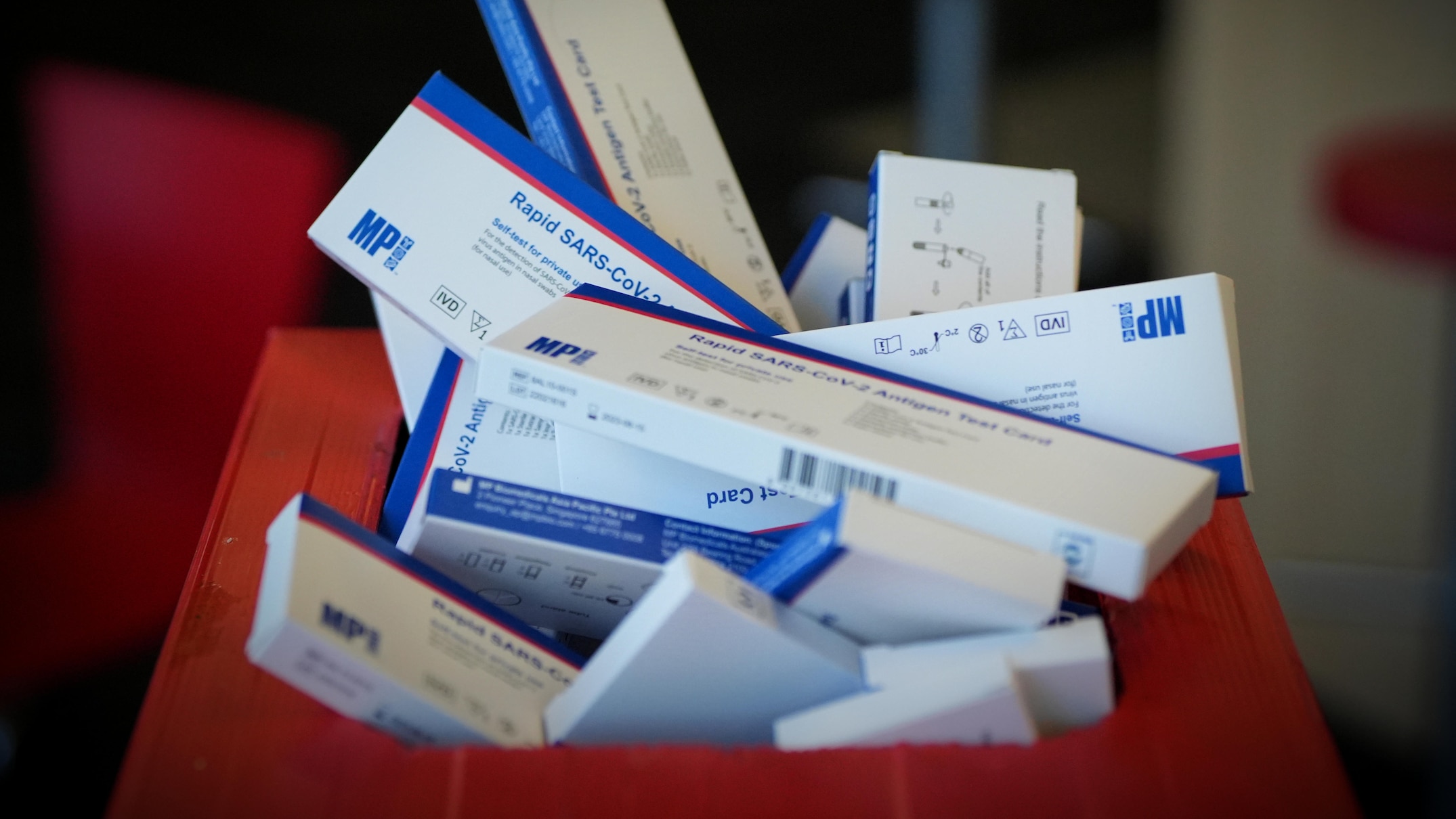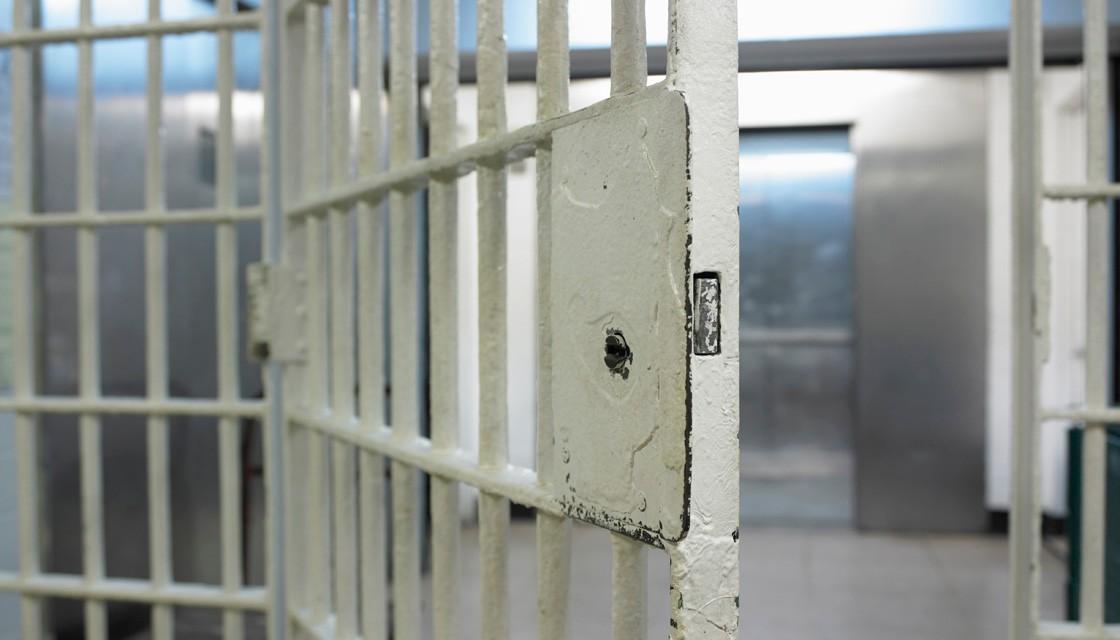
DESTRUCTION OF UNUSABLE COVID-19 RAPID ANTIGEN TESTS TO COST WA GOVERNMENT CLOSE TO $4 MILLION
The WA government is set to spend nearly $4 million destroying expired rapid antigen tests, but is defending the move and its purchase of the tests as "a good use of taxpayers' money".
Around 19 million unusable rapid antigen tests (RATs) are currently being stored in a warehouse at a cost of $75,000 a month, the government revealed during budget estimates on Thursday.
The test kits will be "sustainably" destroyed by putting them through the Kwinana waste-to-energy facility by the end of the year, the government said.
All up, the cost of locating all the unused RATs, storing them at the warehouse and then destroying them will be close to $4 million.
The information was revealed following questions from Nationals MP Martin Aldridge, who questioned whether this was a good use of taxpayers' money.
"These RATs are now waste, they cannot save lives anymore," he said.
"My question is, is it a good use of taxpayers' money to spend $4 million burning them, when the majority of them have gone into [regular household] waste streams?"
Bid to avoid landfill
Government minister Sue Ellery argued it was an appropriate use of taxpayer funds, and the government was committed to finding a sustainable solution.
"We are trying to do it in a way that does not just create landfill," she said.
"We could not predict at the time we started purchasing [RATs] exactly how many we would need, and indeed we knew we were competing with the world to get hold of RATs, so that we could keep people safe and our economy strong.
"So in the end when you weigh up the cost-benefit analysis, the answer is yes, it was a good use of taxpayers' money."
Some jurisdictions grappled with major supply issues during the pandemic, but the WA government purchased tens of millions of RAT kits.
Free RATs were sent directly to households and handed out at pop-up distribution points like train stations.
But an auditor general report later slammed the government's RAT program, finding there was no "clear, considered and coordinated" plan.
In her report, Auditor-General Caroline Spencer said that what started as a $3 million spend on tests for health workers and returning travellers quickly spiralled beyond $440 million.
She said the rapid escalation in cost to $580 million in total was unlike anything she had ever seen.
Last year an ABC analysis of RAT purchases across the country found WA ordered the most rapid antigen tests per person of anywhere in the country.

